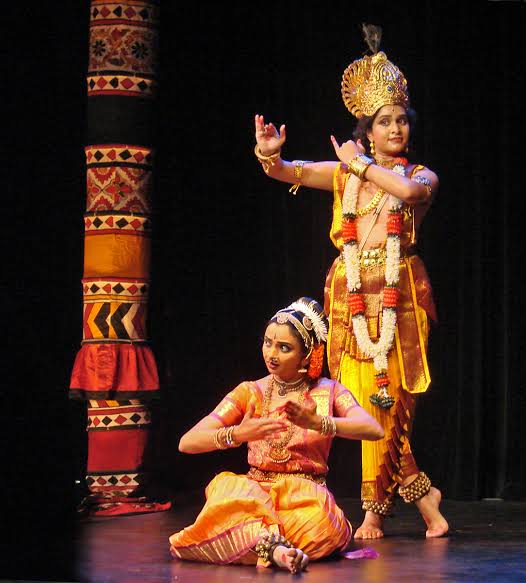Thread Of All My Threads.
#AncientCitiesOfIndia
Ujjain
Prayag
Varanasi (Kashi)
Pushkar
Dwaraka
Ayodhya
Rameshwaram
Mahabalipuram
Puri and more...
Links 👇

#AncientCitiesOfIndia
Ujjain
Prayag
Varanasi (Kashi)
Pushkar
Dwaraka
Ayodhya
Rameshwaram
Mahabalipuram
Puri and more...
Links 👇
https://twitter.com/VandanaJayrajan/status/1275719817266376706?s=19

Threads on the #GreatIndianWomen
#RealIcons
Rani Tarabai
Rishi Gargi
Abbakkadevi
Rani Chennamma
Onake Obbava
Uda Devi
Ahilyabai
Mirabai
Rani Avantibai Lodhi
Rani Durgavati
Rajmata Jijabai
Savitribai Phule and more...
Links👇

#RealIcons
Rani Tarabai
Rishi Gargi
Abbakkadevi
Rani Chennamma
Onake Obbava
Uda Devi
Ahilyabai
Mirabai
Rani Avantibai Lodhi
Rani Durgavati
Rajmata Jijabai
Savitribai Phule and more...
Links👇
https://twitter.com/VandanaJayrajan/status/1284440665271627777?s=19

Threads on
#AncientTemples
Meenakshi,Hoysala,Ellora caves,Virupaksha, Samadhishwara,Konark, Badavilinga,Kedarnath, Murudeshwar, Lingaraj,Brihadeeswara, Panch Kedar,12 Jyotirlingas,
Sri PadmanabhaSwamy,Tirupati Balaji, Arunachaleswara and more...
Links👇

#AncientTemples
Meenakshi,Hoysala,Ellora caves,Virupaksha, Samadhishwara,Konark, Badavilinga,Kedarnath, Murudeshwar, Lingaraj,Brihadeeswara, Panch Kedar,12 Jyotirlingas,
Sri PadmanabhaSwamy,Tirupati Balaji, Arunachaleswara and more...
Links👇
https://twitter.com/VandanaJayrajan/status/1289887822833278976?s=19

Threads on legendary warriors, rulers, freedom fighters, protectors of Sanatan Dharma.
Links 👇

Links 👇
https://twitter.com/VandanaJayrajan/status/1425472323155501058?t=2lqQPs1deSHwdBivLlUE8g&s=19

Threads on the Hindu deities we worship.
Links 👇

Links 👇
https://twitter.com/VandanaJayrajan/status/1279454999181844481?t=m1cLMQZlU2yQZ2EHpStsrA&s=19

Threads on various topics related to our history, culture and traditions, folk tales etc.
Links 👇

Links 👇
https://twitter.com/VandanaJayrajan/status/1315343469490008064?t=Jdc6nxY3aSG6M0_nfT4GMg&s=19

Compiled for my reference.
• • •
Missing some Tweet in this thread? You can try to
force a refresh


















